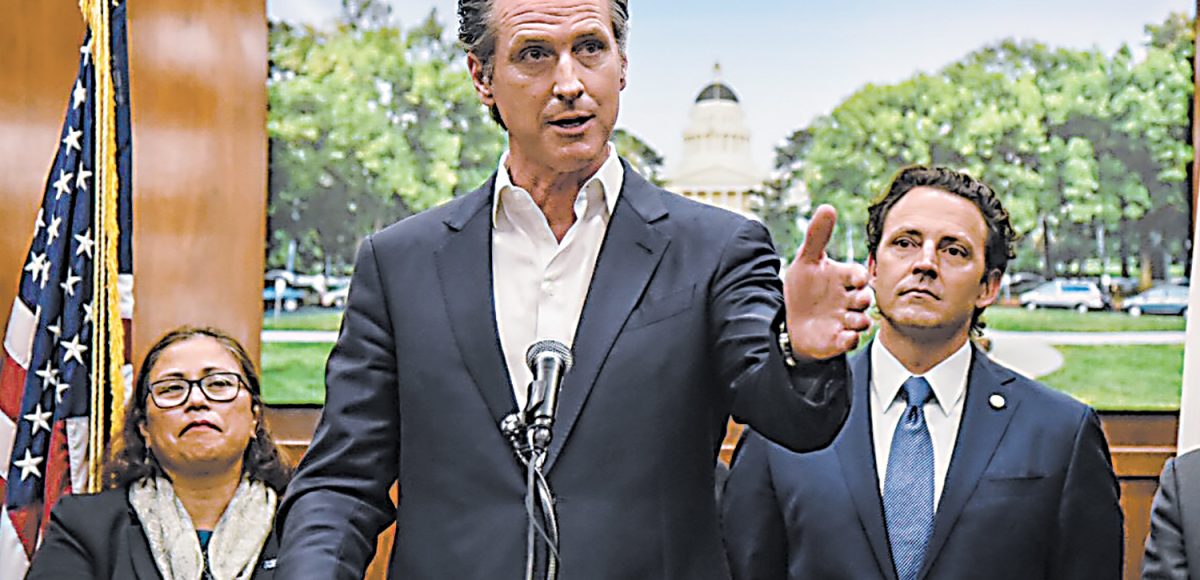Governor Gavin Newsom signed on Jan. 29 an extension to the state’s eviction moratorium through June 30, taking action just days before existing protections were set to expire. The bill, Senate Bill 91, also establishes the State Rental Assistance Program to allocate the $2.6 billion in federal rental assistance California will receive. The program funnels aid to both renters struggling with payments due to the COVID-19 pandemic and also landlords. But as the City Council discussed in its Feb. 2 Study Session, Beverly Hills is not eligible to receive direct funding for the program and must go through Los Angeles County.
“Tenants are still responsible for paying unpaid amounts to the property owners, but you cannot evict them for not paying that past due rent,” explained Policy and Management Analyst Cynthia Owens.
“This law not only provides greatly needed support for tenants, but also provides relief to small property owners in need of assistance to pay for mortgages, thanks to $2.6 billion in federal stimulus funding,” said Newsom in a statement.
Under the measure, landlords will be prevented from evicting tenants who pay at least 25 percent of their rent and attest under penalty of perjury that they have been impacted economically by COVID-19. The State Rental Assistance Program will begin accepting applications from property owners and tenants in March.
In addition to providing aid to income-qualified tenants financially impacted by the pandemic, the program incentives property owners to forgive back rent. By waiving 20 percent of unpaid rent, landlords become eligible for 80 percent in rent reimbursements for amounts owed between April 1, 2020 and March 31, 2021. If a landlord does not agree to participate in the program, qualified tenants can still receive 25 percent of the total back rent for the covered period.
The rent subsidies are available to households with incomes at or below 80 percent of Area Median Income, with priority for the most disadvantaged households and those experiencing unemployment for the preceding 90 days at the time of application.
Given the speed at which the urgency bill passed through the legislature, Beverly Hills had little chance to lobby to receive direct aid for its residents.
“Unfortunately, we just could not work around it with how quickly it did fly through–it’s going to provide direct funding to residents or jurisdictions over 200,000 residents. But we are going to be able to receive funding indirectly through our county for this program,” Owens said. The staff report compiled for the meeting notes that only 24 of California’s 482 cities would qualify for direct funding under this standard, excluding cities like Beverly Hills, West Hollywood, and Santa Monica.
“Santa Monica isn’t even 200,000 people; they’re going to be left out on this. [Assemblymember Richard Bloom (D-Santa Monica)] still voted in support of this bill, because of that indirect funding stream that we’ll be able to have access to,” said Owens.
In the Study Session, the Council included direct aid for all cities as a part of the city’s legislative platform. The platform informs the city’s advocates and lobbyists on how best to represent the city’s interests in Sacramento and Washington, D.C.
“There should be as much funding not just for us, but for all cities under 200,000,” said Councilmember John Mirisch.







